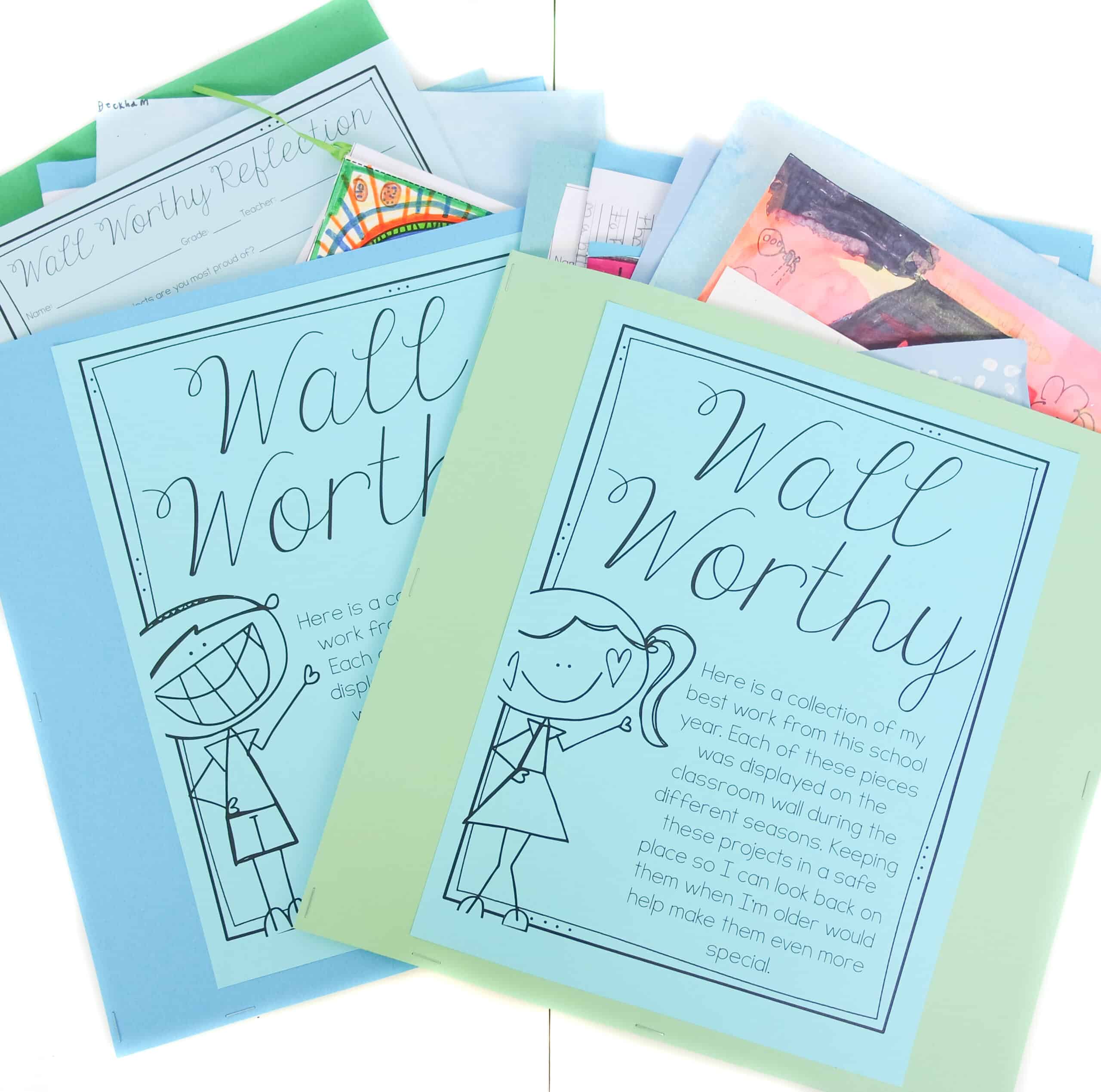
Math projects are an engaging way to provide students with enrichment opportunities when they’re demonstrating mastery at the beginning of a math unit, and the rest of your class needs support and instruction for that unit.
Providing your advanced learners with an enrichment project to deepen their learning rather than bogging them down with busy work will allow them to apply what they know in more real-world contexts while keeping them engaged and excited about the subject they excel in.

It may feel overwhelming to have your advanced learners working on a project while you’re teaching your current math unit to the rest of your class. I used to shy away from providing these types of enrichment opportunities because I couldn’t wrap my head around the logistics of keeping tabs on students who were independently working on a project while I taught a mini-lesson and worked with small groups. I worried my advanced learners would feel lost, forgotten, or even worse, they’d slip away without actually getting much done.
Over the years, I found the courage to test out a few different structures and through trial and error found some routines that work like a charm to alleviate that stress and overwhelm you may be feeling when it comes to giving your advanced learners a differentiated project. Give these a try!
Flexibility is key when providing project based learning (PBL) as an option for a small group of learners. Let your students navigate Math Workshop in a way that feels most comfortable to them.
Here are three questions to ask students as they learn how to build independence while working on an enrichment project:
We want these advanced learners to stay engaged and stay passionate about the subject area they are excelling in and providing flexibility through these options fosters that engagement.

When providing flexibility and choice, you also need to save your sanity and be able to track everything that’s going on in your classroom. This weekly schedule template helps you do just that.

This form can be completed by students who are working on PBL at the beginning of each week. It helps students make a plan as they head into the week, map it out, and answer follow-up questions about their plan to boost accountability.
These questions are focused on the project deadline, whether students feel they are on track to meet that deadline, how they know they’re making progress, and the exact parts of the project they plan to complete that week.
In addition to using a tracking sheet like the one above, make a plan to routinely meet with your project based learning group once or twice a week to check in on goal setting, whether they’re on track to meet their deadline, and to ask if they have any questions about their project.
Your students working on project based learning will likely feel more empowered to focus independently when they know they have a scheduled weekly check-in meeting with you every few days. You will feel more at ease about focusing on the learners in your class who are working through the lessons and content of the math unit you’re teaching without an added layer of wondering whether or not your PBL group is on track.

If a student has a question about their project or is feeling stuck on a day when you aren’t scheduled to meet with your PBL group, have them use the math triad routine to find a solution.

A math triad is a carefully-designed group of three students that work together to solve any problems that may arise during the course of Math Workshop each day. Math triads build student independence and resourcefulness rather than dependence on the teacher as the sole provider of answers. Make sure the students who are working on the enrichment project you have assigned are all part of the same triad(s).
Math triads were designed with the “three before me” routine in mind. A student should ask three people to assist him/her before asking the teacher.
If students arrive at the fourth step, make sure to have a place where they can write their name to let you know they have run into a problem and need your assistance when you have a moment to spare.

Take time to establish your expectations for what students should do as they wait for you to check in with them. Should they move on to the next part of the project? Should they work on another activity? Should they do anything to prepare so your meeting time with them is more efficient?
If you are ready to engage your advanced learners in a project based learning enrichment experience for your next unit, give these tips a try!
To make your life even easier, purchase one of these carefully-crafted project based learning guides that will walk your students through every step of their enrichment project. The format of these project guides is so detailed, your students will feel like they have their own personal guide walking them through their project based learning experience each day!
You are going to love the feeling of knowing your advanced students are having fun while extending their learning while you help the rest of your class master the standards for your next unit!

I’ve been an elementary teacher for ten years, and love sharing tips and resources that make differentiated learning more manageable for you. Thank you for visiting.
Learn More
Dropping by with weekly tips, classroom strategies, and free content created with you in mind.
Join me and other 2nd through 4th grade educators in the Teaching with Core Inspiration Facebook Group. This is a place to collaborate, ask questions, and learn how teachers like you are using Core Inspiration resources in their classrooms. Hope to see you there!
© 2024 Core Inspiration ∙ Website by KristenDoyle.co